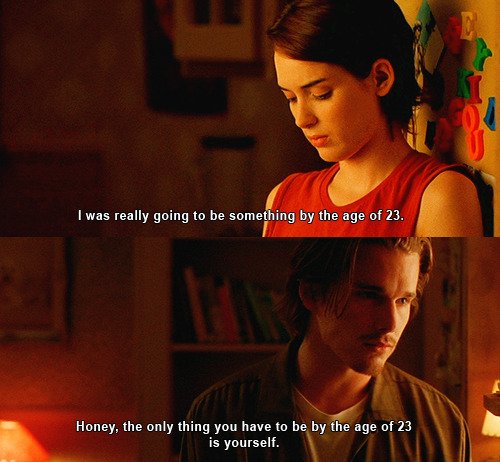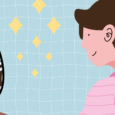Graduation is meant to be one of the happiest moments in anyone’s life. It’s a reward for all the all-nighters, crammed projects, and stressful papers completed over the years. It can be a break or a signifier that you’re ready to move on the next part of your life. By all means, graduation is generally viewed by society as something that brings us joy and that complicates the reality when the opposite is actually more likely to happen.
Sure, there is bliss immediately upon graduating and that can last for a good amount of time. The satisfaction and pride you gain is real and earned. But we have to talk about the feelings of emptiness and sadness that eventually creep in, given enough time. It’s a common enough occurrence for fresh grads to be at a loss with their new-found freedom and to have dread, rather than excitement, overtake them. But it’s unspeakably scary because they often don’t know or don’t understand what’s happening and that largely affects how they deal with it. This is why it’s necessary to expand the conversation and develop our understanding of it.
(How to Help Those with Mental Health Issues)
First, let’s consider college for what it is on the average — a safe space, a second home to many people even. People are able to come into themselves and carve out a space for themselves in college. Juli Fraga, a psychologist based in San Francisco, explains: “If a student’s college experience is mostly positive, college provides a cocoon of sorts: a community of friends, teachers and mentors who are mostly readily available to offer support or advice. Graduating symbolizes a leap into ‘adult’ life, which is a huge transition.”
Graduating, then, is also leaving all of those things behind. It’s entering the unknown — and the unknown can be a place that fuels anxieties and fears. It leads many to feeling symptoms of post-graduation depression which include “an abnormally negative perspective, decreased motivation to get out of bed, a general sense of hopelessness and, occasionally, substance abuse.”
Understanding why it happens is equally important as understanding how it feels. Doing so can give us a sense of control or validation when considering our feelings. So one consideration when it comes to those post-graduation blues is the loss of routine. Leaving school behind also means leaving behind a rigorous schedule; a set time to eat, study, see friends, and rest. For many, this freedom will feel like a relief at the beginning. After some time though, it becomes grating on your nerves.
It evolves into a loss of structure or even purpose. There are many who become lost without a schedule telling them what to do and when to do it. They feel as if they are simply drifting and useless. Making a move to do something becomes so much harder when you suddenly have a plethora of choices.
(This Is What It’s Like To Be Anxious…All The Time)
Another trigger for these feelings is the almost universal pressure to find a job right after graduation. There exists a dominant narrative that success must start as soon as possible. That means deciding on a path right away and pursuing it. But that only invites in a tremendous amount of anxiety about the future. There is insecurity about your own abilities to land a position you truly want.
More complicated is the problem of beginning a career you feel no passion for, or being forced into a field for more pragmatic reasons. While these are realities many will have to contend with, it doesn’t make it easier. Especially when for many, college was a place that allowed us to pursue passions and interests. It was a space given for us to explore our identities, embrace them, and actually use them to do something we care about.
Screencap from Reality Bites
Last, there is the hurdle of losing contact with friends or several acquaintances. No matter how much effort is put into sustaining friendships, sometimes a physical distance and differing schedules can be a heavy toll. Inevitably, some friendships will suffer from graduating. More than just the nostalgia over the loss of friendships, this is particularly harmful because there is then a possibility of isolation.
Leaving your second home and the second family which occupied it will naturally lead to feelings of loneliness. Though you may still have people around you, whether they be co-workers or your actual family, the shift in environment will still sting harshly. It simply won’t be the same as having the tight-knit community you built during your school days.
(Please Don’t Tell People In Need Of Help To “Just Be Positive!”)
The thing with problems like this is that there are no clear-cut solutions. We deal with things in our own ways and fashion our own coping mechanisms. But acknowledging and understanding what’s happening is always the first step. After that, there are some who suggest reconnecting with friends, or pursuing passions (whether as a career or on the side). Generally, it’s important to find meaning again like you did in college or to try to replicate what you found there, because it is possible.
(Need some help? Here’s our directory for mental health hotlines, support groups, and more)
What do you think about this? Share your thoughts and feelings with us in the comments!







